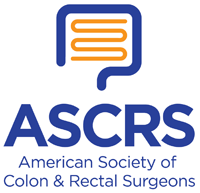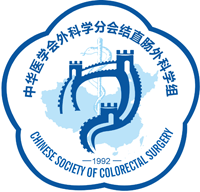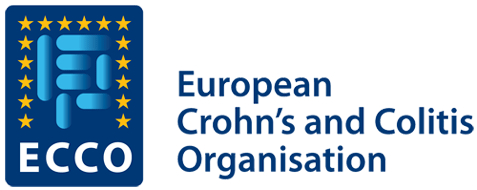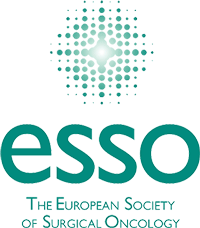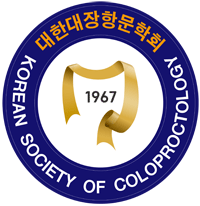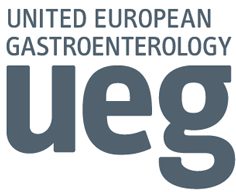Greece with a population of over 11.3 million is a member of the EU since 1981. Greece has a state funded public health system with 138 hospitals spread in 7 counties, 7 Medical Schools with 11 University Hospitals. The Greek public health system is currently under total restructuring. Greece also has a vibrant private health care system with tertiary centers, diagnostic facilities and 172 private clinics.
Coloproctology as a Discipline in Greece
- There is no specific programme of specialty training in Coloproctology. Coloprocotology is part of the General Surgery specialty training curriculae.
- Similarly, there is no specific programme of subspecialty training in (post standard surgical residency) in Coloproctology.
- There is Hellenic Society of Colon and Rectal Surgery which is not active at present.
- Recently is established the Hellenic Society of Coloproctology but still ruled by a temporary executive committee.
- Hellenic Study Group for IBD is a very active society, organizing an annual congress for the last 17 years.
- Coloproctology is also a chapter of the
Hellenic Society of Gastroenterology
Hellenic Society of Surgical Oncology
Gastro-Intestinal Cancer Study Group (GIC-SG) – chapter: Colo-Rectal Cancer Study Group (CRC-SG)
Population: 11.3 million
ESCP members: 36
National Representative Details
Name: Georgios Pechlivanides
Title: Consultant in Coloproctology
Duties:Director Colorectal department, Metropolitan Hospital, N Faliro, Attiki, Greece
Achievements
In the past years the Hellenic Surgical Society and other collaborating societies focused on education by supporting different hands-on seminars. As a result most standardized educational seminars are offered in Greece such as Basic Surgical Skills, Basic and Advanced Laparoscopic Surgery, Surgical Anatomy. A parallel effort to internationalize Greek scientific literature is underway with supporting bilingual or English speaking scientific journals published by the Greek medical societies.
Very recently a huge effort which was organised by the National Society of Medical Oncologists came to a fruitful end and Greece now has the first National Guidelines for the management of Colorectal Cancer divided in four parts which were published in Annals of Gastroenterology:
1. National Guidelines for the management of Colon Cancer
2. National Guidelines for the management of Rectal Cancer
3. National Guidelines for the Postoperative Chemotherapy in Colon Cancer
4. National Guidelines for the management of Metastatic Disease
All sets of Guidelines obtained the highest level of consensus from experts from all over the world through the "DELPHI" methodology.
We are at present in the process to update the National guidelines for the management of rectal cancer.
Training Opportunities in Colo-Procotolgy
- Postgraduate training in Coloproctology (annual started 2017) (organizer: University of Thessaly, Medical School )
- Postgraduate training in pelvic floor disorders (annual started 2018) (organizer: University of Thessaly, Medical School)
- International Symposia – Colorectal Games (every 2 years from 2005) (organiser: CRC-SG).
- Postgraduate Seminars of GIC-SG: Reading the Traces of Gastro-Intestinal Cancers (annual event, from 2013) (organiser: CRC-SG)
- Masterclass in Gastrointestinal Cancer ( annual meeting for medical personnel involved in the MDT for CRC) (organiser: CRC-SG)
- Colorectal Laparoscopic Surgical Skills ( 4 courses through out each year)(organizer: Ygeia Hospital)
Registry - Research in Colo-Proctology (under the auspices of CRC-SG)
- Registry of Colo-Rectal Cancer (12 centres involved on a pilot basis – 2014 onwards)
- RAS family in metastatic Colo-Rectal Cancer
- NEARCHO Trial: (Safety Study on Neo-Adjuvant Chemotherapy for Advanced Rectal Cancer)
- MECCLAND -C, and -R Trials: Prospective comparative multi-centre trials on various bowel preparation regimes for elective colorectal surgery.
Future Plans
Greece has the priority of rationalizing the cost of the National Health System without compromising its social benefiting status. There is a great effort underway to salvage public funding of postgraduate training and also to advance the private sector’s involvement in specialized training.
Still under consideration is the merging of the two existing colorectal societies to a National Society.
The National Institute for Neoplasias is on its way to be realized.

